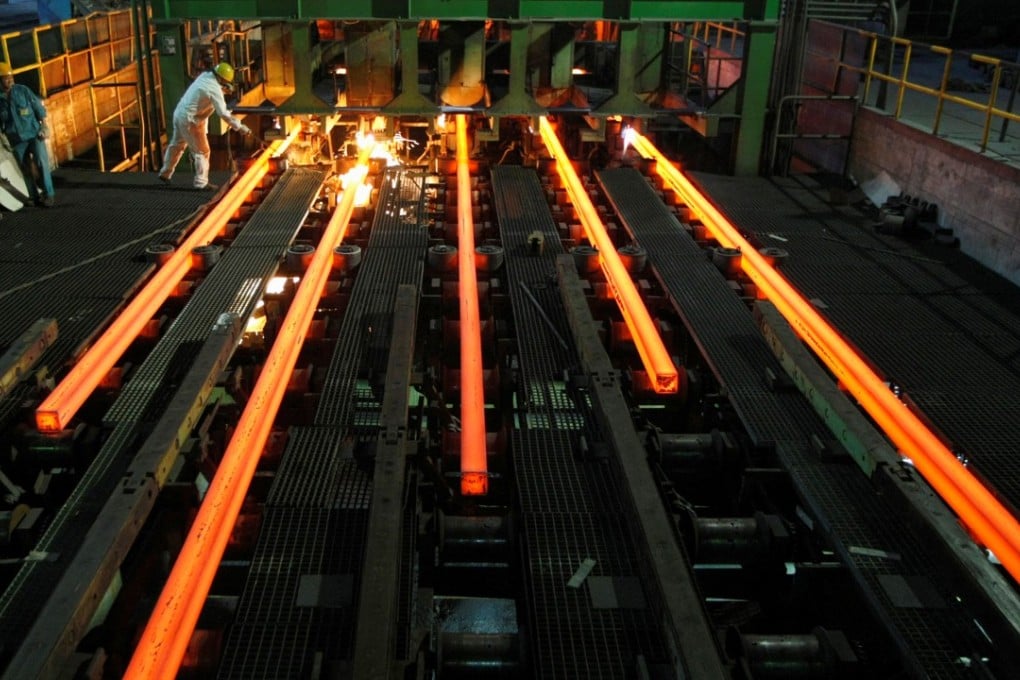Moody’s downgrade casts doubt on China’s economic narrative
But analysts say Beijing has been taking measures to defuse its debt bomb

Fresh doubts were cast on Beijing’s ability to maintain economic and financial stability at any cost on Wednesday after Moody’s Investors Service downgraded China’s credit rating for the first time since 1989.
The international ratings agency changed China’s long-term local currency and foreign currency issuer ratings to A1 from Aa3, saying the country’s financial strength will be eroded in coming years and debt will continue to rise as economic growth slows.
Hong Kong’s stock market retreated from a 22-month high following the downgrade, while the mainland A-shares market dropped to a seven-month low, closer to the psychological barrier of 3,000 points. Iron ore futures in Shanghai ended down 7 per cent on Wednesday.
China’s Ministry of Finance responded to the move with a statement on its website saying Moody’s used “inappropriate” methods to overestimate the country’s economic difficulties and to underestimate Beijing’s ability to handle such challenges.
“The Moody’s downgrade is based on an inappropriate method … It overestimated the difficulties faced by China and underestimated its ability to deepen structural reform and moderately expand overall demand,” the Ministry of Finance said.